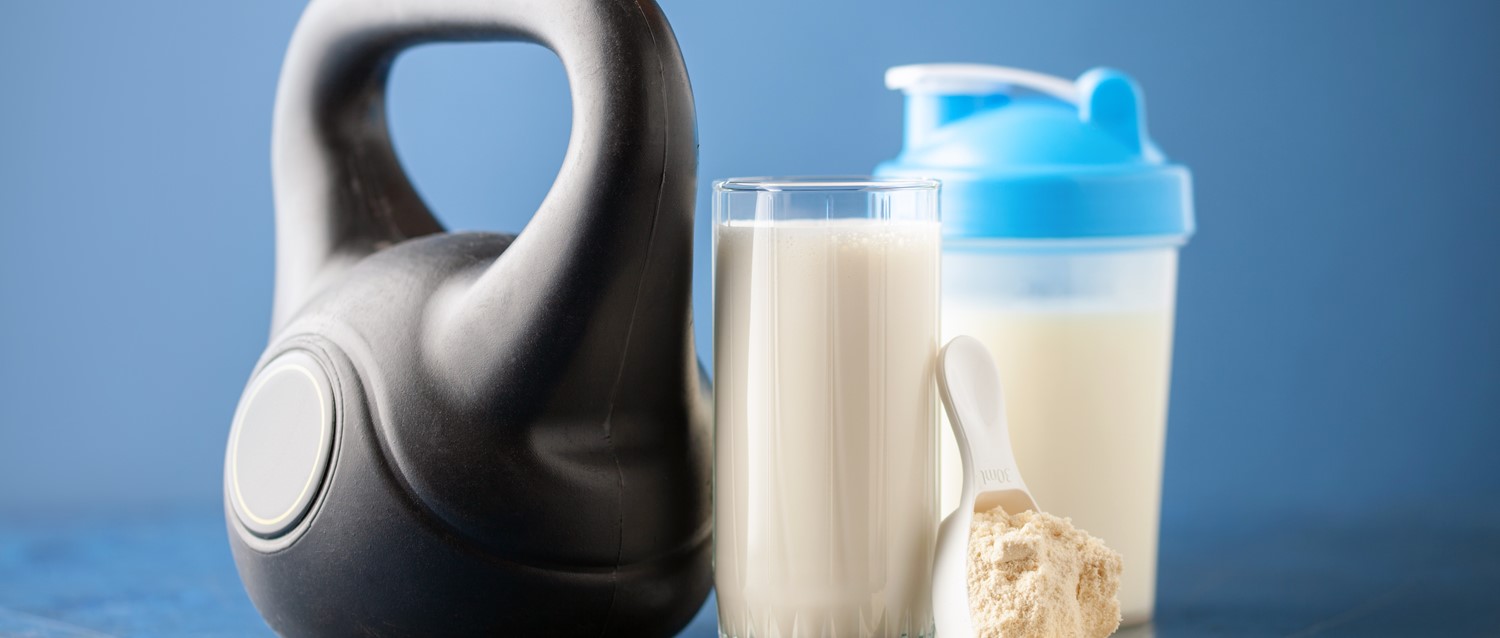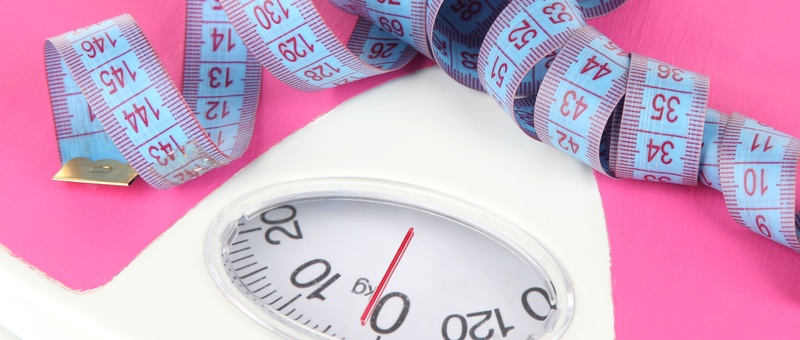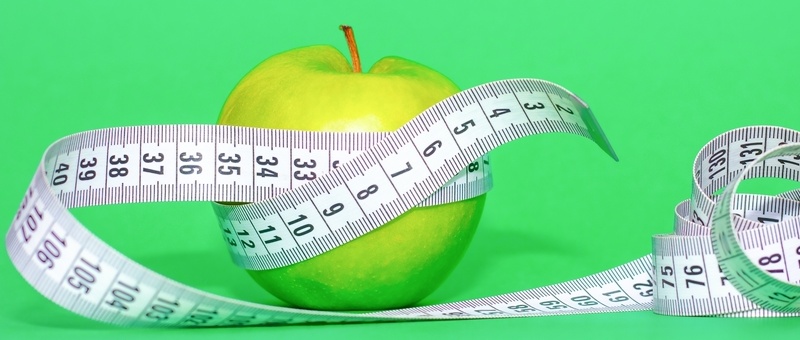
Are protein shakes good for weight loss?
Peer reviewed by Dr Krishna Vakharia, MRCGPAuthored by Emily Jane BashforthOriginally published 12 Jun 2022
Meets Patient’s editorial guidelines
- DownloadDownload
- Share
- Language
- Discussion
- Audio Version
Protein shakes have experienced a surge in popularity recently, with many people now drinking them daily to aid their journeys to improved fitness and better health. But what benefits do they offer, and can you drink protein shakes for weight loss?
In this article:
Video picks for Weight loss treatments and surgery
Continue reading below
What are protein shakes?
Protein shakes are drinks that are high in protein, so they're used as a means of introducing more protein into your diet. The exact amount of protein we need depends on the individual (with factors including age, activity level and muscle mass affecting your required amount).
Protein shakes are made using powdered protein. The protein they contain typically comes from eggs or milk but can also come from soybeans or rice.
Many people consume protein drinks after a workout. Historically, protein drinks were favoured by 'bodybuilders' and those who wanted to gain muscle growth. However, many fitness fanatics and health-conscious people have since embraced these products as part of their diet.
Types of protein powders include:
Soy protein.
Whey protein.
Pea protein.
Casein.
Rice protein.
In some retailers you can buy fun flavours of protein powder, including Maltesers, Drumstick lollipops, and M&Ms.
How much protein is needed for weight loss?
Back to contentsIt is thought that protein should account for around 30% of your calorific intake per day to be optimal for weight loss. This aids with boosting your metabolism, with research suggesting that a higher protein rate allows you to burn more calories while also having a lower appetite.
Based on this suggestion, if 25-30% of your total daily calories derive from protein, this can increase your metabolic rate by up to 80-100 calories per day, in comparison with diets lower in protein.
Continue reading below
How are protein shakes good for weight loss?
Back to contentsDecreasing hunger
One of the main ways protein shakes aid with weight loss is by reducing hunger and appetite, as protein generally keeps you feeling satisfied for longer.
The idea that protein shakes make you feel full has been supported by studies, with one form of research finding that consuming more protein can result in less hunger throughout the day.
Another study found a connection between a higher protein intake and increased fullness during the day. However, researchers add that other factors can contribute to fullness, such as weight, eating habits, and other health conditions.
Research into the impact of protein shakes on appetite specifically is limited. However, one small study did find that protein drinks can reduce appetite in people diagnosed with obesity.
While the evidence to suggest protein reduces appetite (which causes people to eat less, consequently, losing weight) does exist, it remains to be seen just how strong this connection is.
Maintaining and adding muscle can help metabolism
Ravi Davda is a qualified personal trainer, and he explains how, the more muscle you have, the higher your metabolism tends to be. This means you burn more calories at rest and while exercising.
Combining protein shakes with specific exercises can be particularly beneficial in gaining muscle. For instance, drinking protein shakes alongside resistance training can both promote muscle growth and enhance your physical performance.
Protein shakes help to build muscle by providing your body with essential amino acids that are easily absorbed. Research has suggested that an increase in amino acid levels in the bloodstream can trigger a more significant response for lean muscle growth.
If you become bored with protein shakes, you can incorporate protein powder into your meals. Research from the University of Missouri-Columbia found that adding a scoop of protein powder into your breakfast porridge or pancakes can make you less likely to overeat during the day.
Are protein shakes bad for you?
Back to contents"Protein is an essential macronutrient and unless you're having lots of scoops a day, I don't see any harm in protein shakes. However, if and where possible, I'd advise getting it from other protein sources too, such as meat, fish, soy, nuts, eggs, and more, to get essential vitamins and minerals as well," explains Davda.
You should also bear in mind any allergies or intolerances you may have. For example, if you're lactose intolerant and you consume whey protein, you may experience side effects.
Additionally, you should be careful not to become reliant on protein shakes or use them as meal replacements. Unfortunately, people can form unhealthy relationships with protein shakes, alongside exercise addictions. This can lead to them developing eating disorders.
In recent years, experts have warned that body dissatisfaction, low self-esteem, and pervasive gender stereotypes (where a person believes they are not embodying masculinity as modern culture suggests they should) can contribute to matters such as protein shake addictions. There is evidence suggesting that, in the long term, consuming too much protein can lead to an increased risk of osteoporosis and can also cause liver and kidney issues.
Continue reading below
When to drink protein shakes for weight loss
Back to contents"Drink protein shakes when you need them - for example, if you can't get access to enough protein. But try to get protein from whole foods too," advises Davda.
"If you're hoping for weight loss, it may be ideal to have protein shakes with water instead of milk, as this has fewer calories. But again, this depends on what else you eat during the day."
Ultimately, it's important to use protein shakes that are right for your body. Avoid following the latest fitness trend or following other people's regimes as this does not take into consideration your own activity levels and overall health.
Are there any specific shakes that might aid with weight loss?
Back to contentsDavda recommends avoiding protein shakes that have higher levels of carbohydrates or sugars if you are consuming them for weight loss purposes.
"Generally, I'd recommend whey protein, because it's usually the cheapest and easiest form of protein to use. If you're lactose intolerant or follow a vegan diet, you should choose a plant-based protein alternative," he says.
Other ways to lose weight, besides drinking protein shakes
Back to contentsProtein shakes alone shouldn't be relied on for weight loss. Instead, you should also incorporate regular exercise and a balanced diet into your life. This helps to ensure weight loss is done safely and that the results are sustainable.
Davda adds that learning how to cook and educating yourself on the different food groups and what your body needs is also important. This doesn't have to be a daunting process or involve a trip to a dietician. There are now plenty of accessible food blogs run by experts, as well as cookbooks, which offer tips and talk you through meal preparation.
"Exercise is key, but so is eating whole foods. Once you know how to cook, you have more knowledge of what goes into your food. Personally, I tried to lose weight many times but only when I extended my knowledge around food and nutrients did I find success."
Important reminders for using protein shakes
Protein shakes do not replace meals - shakes should be used in combination with a balanced diet and exercise.
You should consume them at the right time - within an hour after your workout tends to be best.
Be aware of intolerances - a lot of protein powders contain dairy, soy, corn starch, and additives you may be unfamiliar with, so look at the list of ingredients first.
Check sell-by dates - protein powders expire too, and their muscle-building potential diminishes after they are out of date so they won't be as effective.
Patient picks for Weight loss treatments and surgery

Treatment and medication
How weight loss surgery changed my life: Gemma's story
Bariatric surgery, commonly referred to as weight loss surgery, is a medical procedure designed to support long-term weight loss. Some health professionals see it as a more sustainable option compared to weight loss injections. If you’re exploring medical treatments for weight management - whether through medicine or surgery - read our personal account from someone who has had the procedure, to see how it has transformed their life.
by Victoria Raw

Treatment and medication
What is bariatric surgery?
As weight loss injections gain popularity, more people are looking at different ways to help manage obesity and improve their health. One method that tends to receive less attention is bariatric surgery - a medical procedure that can be just as effective as weight loss medicine in supporting long-term health and weight management.
by Victoria Raw
Continue reading below
Article history
The information on this page is peer reviewed by qualified clinicians.
12 Jun 2022 | Originally published
Authored by:
Emily Jane BashforthPeer reviewed by
Dr Krishna Vakharia, MRCGP

Ask, share, connect.
Browse discussions, ask questions, and share experiences across hundreds of health topics.

Feeling unwell?
Assess your symptoms online for free
Sign up to the Patient newsletter
Your weekly dose of clear, trustworthy health advice - written to help you feel informed, confident and in control.
By subscribing you accept our Privacy Policy. You can unsubscribe at any time. We never sell your data.